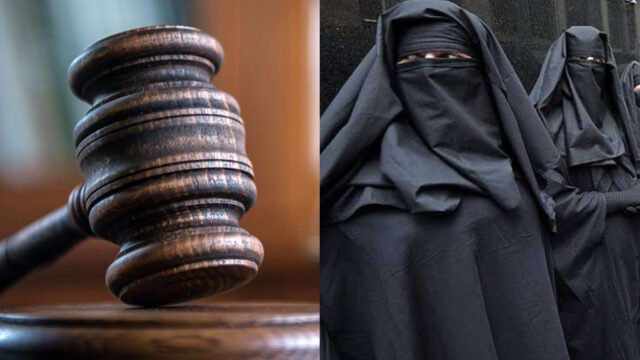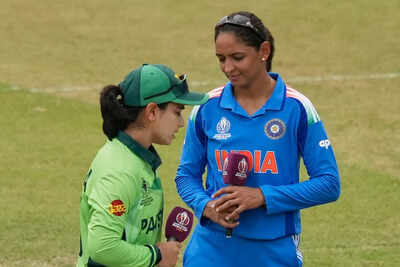Hyderabad: The Telangana High Court’s judgement on ‘Khula’ has led to a major confrontation in the Muslim community with women’s rights activists, advocates and religious leaders opposing each other. A special meeting of the All-India Muslim Personnel Law Board is to be convened on Tuesday (July 1) to discuss the implications of the judgment and the road ahead.
The judgment is now a guiding star to the khula cases in the family courts of Telangana.
What is the Khula judgement?
The Telangana High Court has ruled that Muslim women’s right to seek ‘Khula’ is absolute. In layman’s language, khula is divorce initiated by a wife from her husband. The judgment was delivered on June 25 and has become a bone of contention in the community.
The main points, which are being debated, are:
– Muslim women do not require a husband’s consent or statement of reason.
– Religious functionaries like muftis or the Dar-ul-Qaza role are advisory and not legally binding.
– Khula is a unilateral right of a woman, just like Talaq is of a man.
Husband’s consent
The clause of the husband’s consent being done away with has hurt the most. Advocate Mubasher Hussain Ansari, who fought the case in the Telangana HC, has also received severe criticism for the judgment.
Advocate Ansari is being targeted as the clause of ‘husband consent’ is done away with, which will have wider implications, argue members of the community.
Advocate Ansari, speaking to News Meter, said, “People are coming to me and asking what if the judgment is misused by women? Many people are swayed away by the fact that the role of the man/husband is being compromised. But they fail to understand; what is wrong when a wife does not want to stay in the relationship and seeks a divorce? When a man seeks divorce from his wife, will the same hue and cry ensue?”
Ansari said, “There are preceding judgements of the Kerala High Court and the Supreme Court on khula. Judges of Telangana have taken these judgments into consideration and given a direction.”
What will be the implication?
There are thousands of cases about these issues that are pending in the family court. These cases are awaiting a trial as husbands have refused to give consent for separation. With the Telangana High Court judgement, these cases in the family courts can be expedited.
Will this lead to a rise in khula cases?
A section of women activists based in Telangana said, “We are regularly seeing these cases and there are also attempts at reconciliation. There are some cases where the woman does not want to go back, and that has to be respected. We have to wait and watch as many may come out of abusive marriages after this judgment.”
Why is there a rise in these cases?
– Abuse and cruelty: Where the man is found to pour out his frustration at home and especially on the wife. Educated women are not willing to give in to the shaky foundations of the family structure where their roles are confined to housework and no other vocation.
– Erratic behaviours of husband and family members
– Ego issues and stature in society
Was the Sharia law misused?
A senior advocate, on condition of anonymity, said, “The shariah clause has been misused and misinterpreted by illogical husbands. They have made it into an ego issue as to how a woman can abandon him. This has led to a lot of delays, playing dirty in trial cases and demeaning women, especially. This had to stop, and this is what the Telangana High Court judgement has done.”






